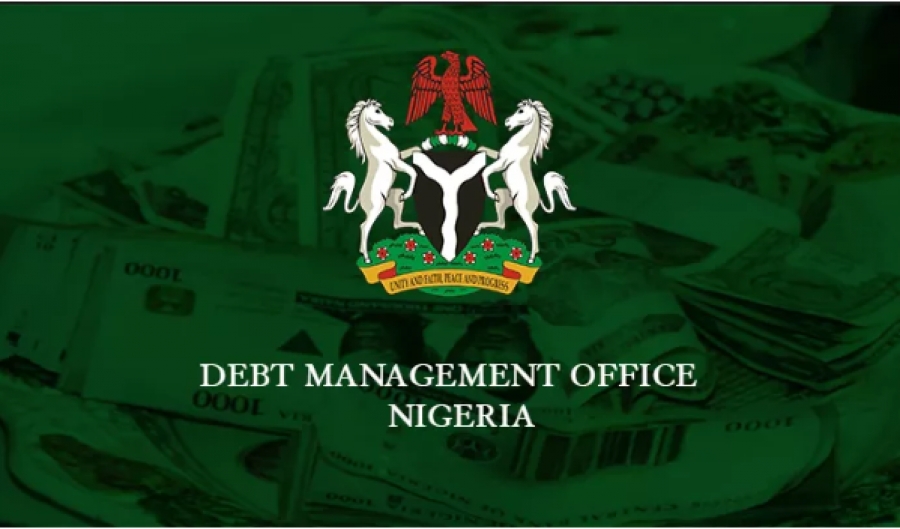
Nigeria’s total debt service costs, encompassing both external and domestic obligations, saw a notable increase in the third quarter of 2024. This uptick reflects the combined effects of higher external debt service payments and the depreciation of the naira.
Total Debt Service Costs Surge
The total debt service cost for Q3 2024 reached an estimated N3.57 trillion, marking a quarter-on-quarter (Q-o-Q) increase of N60 billion or 1.71% from the N3.51 trillion recorded in Q2.
Data from the Debt Management Office (DMO) indicated that external debt service payments for the period amounted to $1.34 billion, which translated to N2.14 trillion when converted at the September exchange rate of N1,601.03/$.
In comparison, Q2 external debt service payments totaled $1.12 billion, valued at N1.65 trillion at the June exchange rate of N1,470.19/$. This reflects a 29.70% increase in naira terms, primarily driven by the naira’s depreciation and higher dollar-denominated obligations.
External Debt Breakdown
In dollar terms, external debt service payments rose by 19.44%, climbing from $1.12 billion in Q2 to $1.34 billion in Q3. This increase was largely attributed to heightened obligations to multilateral and bilateral creditors and significant interest payments on commercial loans.
Multilateral Debt Payments
Multilateral debt service payments remained the largest component, totaling $712.66 million in Q3—a 6.04% increase from $672.01 million in Q2. These payments accounted for 53.26% of total external debt service costs, driven by higher principal repayments and interest charges. Notably, payments to the International Monetary Fund (IMF) rose slightly to $406.98 million, up from $404.24 million in the previous quarter.
Bilateral Debt Payments
Bilateral debt service payments saw a significant Q-o-Q increase of 325.52%, surging to $186.92 million from $43.92 million in Q2. This sharp rise was largely driven by payments to China’s Exim Bank, which jumped to $182.04 million in Q3 after no recorded payments in Q2. Other bilateral creditors, including the Exim Bank of India and the French Development Agency, recorded modest increases in repayments.
Commercial Debt Obligations
Commercial debt service payments, including Eurobonds and syndicated loans, totaled $438.68 million in Q3, marking an 8.48% rise from $404.46 million in Q2. Eurobond interest payments accounted for $427.72 million, underscoring their dominant share of commercial debt service costs.
Domestic Debt Service Declines
Domestic debt service costs for Q3 stood at N1.43 trillion, down from N1.86 trillion in Q2. According to DMO data, Federal Government bond interest payments totaled N1.25 trillion, reflecting a decrease from N1.68 trillion in Q2. Bonds remained the dominant component of domestic debt servicing, accounting for 87.41% of total payments in Q3, compared to 90.32% in the previous quarter.
NTB and Sukuk Payments
Interest payments on Nigerian Treasury Bills (NTBs) climbed to N168.53 billion in Q3, a 56.8% increase from N107.48 billion in Q2. This rise highlights an increased reliance on short-term borrowing instruments. Meanwhile, payments on FGN Sukuk bonds amounted to N8.28 billion, and interest on the Federal Government’s savings bonds totaled N1.83 billion.
Other domestic debt components showed stability or minor fluctuations, with no recorded principal repayments on promissory notes or other debt instruments during the quarter.
Rising Debt Service Costs Raise Concerns
Economic analysts have expressed growing concerns about the sustainability of Nigeria’s rising debt service payments, which consume a substantial portion of government revenue. The combined external and domestic debt service costs underscore the urgent need for improved revenue generation and prudent fiscal management.
The escalating debt burden and currency depreciation highlight the importance of addressing fiscal challenges to ensure long-term economic stability.
